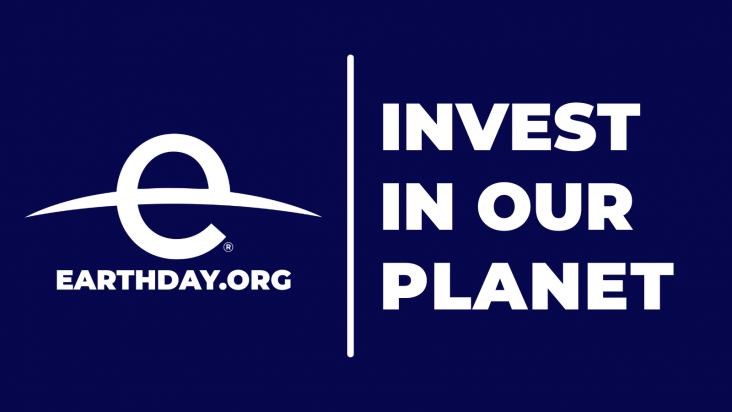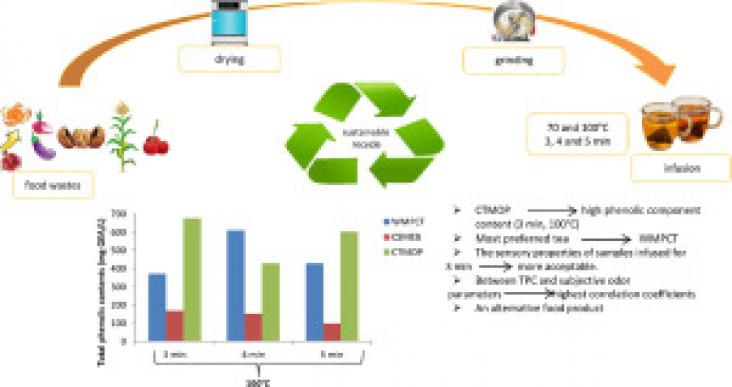Background: Human impacts on earth-system processes are overshooting several planetary boundaries, driving a crisis of ecological breakdown.

On April 22 every year, we celebrate the anniversary of the birth of the modern environmental movement with Earth Day.
This paper focuses on limiting food waste by measuring consumers' willingness to eat aging produce.

This papers focuses on the reuse of food waste in tea for more sustainable food practices.
This book chapter advances SDGs 12 and 15 by explaining how the wine sector must implement more sustainable practices to mitigate climate change impacts and to decrease its environmental impact while ensuring its important economic and social function. This chapter presents and discusses the most relevant risks and concerns of modern wine industry and major sustainability issues related to wine production and related supply chain.
An Article in support of SDG 2 and 12, providing a comprehensive picture of consumption of total animal-source foods, unprocessed red meat, processed meat, seafood, egg, milk, cheese, and yoghurt consumption in 185 countries among children and adults.
Sustainable food packaging against plastic pollution & waste.
A good paper looking into water quality in Kenya and how water companies needs to improve on the water quality chemically by adjusting the Calcium and Alkalinity concentration
Pollution by polymeric materials - in particular plastics - has a negative effect on the health of our planet.
Elsevier,
Plastic Pollution and Marine Conservation: Approaches to Protect Biodiversity and Marine Life, Volume 1, 1 January 2022
This chapter aligns with Goal 14: Life Below Water and Goal 12: Responsible Consumption by providing an overview of marine plastic waste and policy options to promote a circular plastic economy.
